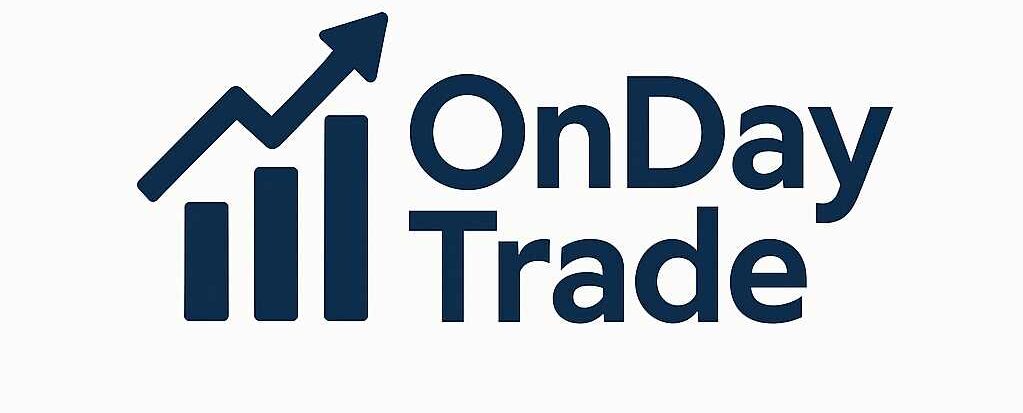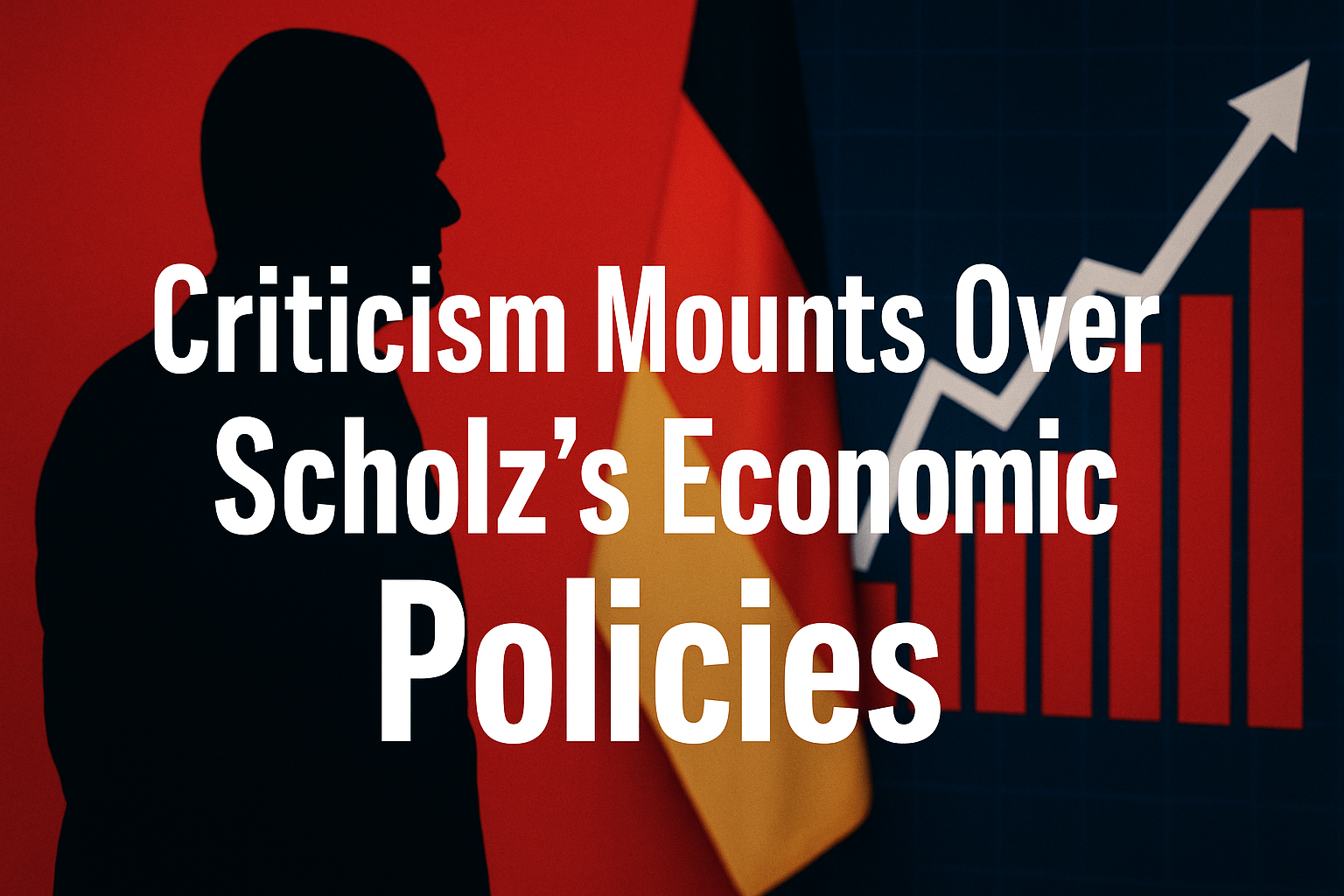Business Representatives Increasingly Criticize the Traffic Light Coalition
“More and more business representatives are criticizing the traffic light coalition’s policies. The primary criticism targets the Chancellor for his perceived lack of support.
Companies and their representatives are criticizing the economic policies of the coalition government almost daily. The accusations range from a shortage of skilled labor to excessive bureaucracy, high taxes, and misguided energy policies. But it’s not just Economics Minister Robert Habeck who is in the spotlight. Rather, it is Chancellor Olaf Scholz who is causing head-shaking among business leaders.
How bad the relationship between Scholz and the business world has become is shown in research by the Süddeutsche Zeitung. According to the report, during a meeting with business representatives at the Munich Handicraft Fair in early March, Scholz did not respond to a ten-point paper submitted by the heads of the BDI (Federation of German Industries), the DIHK (Association of German Chambers of Industry and Commerce), the BDA (Confederation of German Employers’ Associations), and the ZDH (German Confederation of Skilled Crafts), which had already been submitted back in January. Instead, Scholz is said to have praised his government for its administrative accomplishments.. Deputy government spokeswoman Christiane Hoffmann stated that there was an “in-depth exchange.”
However, other accounts paint a different picture. According to the Süddeutsche Zeitung, business representatives left the meeting “stunned” and “dismayed,” with some even describing themselves as “furious.” A written response from the Chancellor’s office to the business proposals is still pending. Scholz does not appear to prioritize close contact with corporate leaders either. According to Bild, he has met with employer representatives six times since taking office, but has met with unions 25 times. For Scholz’s upcoming trip to China in mid-April, the BDI reportedly did not even apply to be part of the business delegation.
Frustration among entrepreneurs seems to be growing. Katharina Kreitz, who founded the company Vectoflow in 2015—specializing in flow measurement technology—is one example. With 27 employees and €3 million in revenue, it’s a typical mid-sized German business that’s been profitable from the start.
Kreitz notes the difficulties in bringing skilled workers into the country. “It’s insane how much scrutiny is involved! And even when we receive funding, the approval process is so complex that it’s barely worth the effort. In the U.S., the money would almost be thrown at us,” she told Focus. The result: start-ups go to the U.S. Owing to the limited availability of venture capital in Germany
“We Suffer From the Wrong Incentives”
After BDI President Siegfried Russwurm accused Scholz of dismissing the concerns of business leaders on Wednesday, family business leaders are now also speaking out. Rainer Kirchdörfer, chairman of the Foundation for German Family Businesses, told Focus, “We suffer from the wrong incentives.” The state and society place too many obstacles in the path of businesses.
Christoph Werner, CEO of the drugstore chain dm, also observes a noticeable shift “Even though we are doing well, I see uncertainty among the citizens of our country,” he said during a roundtable with Focus. He warned against being short-sighted. The price wars among brand manufacturers show that they prefer to forgo business in Germany rather than accept low prices here. “Other markets around the world are simply more attractive and increasingly important to them,” Werner said.
“There’s No Big Plan”
Logistics entrepreneur Rolf Schnellecke, who also served for ten years as mayor of Wolfsburg for the CDU, criticized the traffic light coalition as well: “I really struggle to understand some of the zig-zags in the coalition’s policies, where there simply is no big plan,” he told Focus.
Kirchdörfer went even further. He criticized the traffic light coalition as being ‘world-class at making announcements, but remarkably poor at following through. “Olaf Scholz promised a ‘green economic miracle,’ Robert Habeck a ‘reform booster.’ What do we actually get? Nothing!”
Entrepreneur Natalie Mekelburger, CEO of the automotive supplier Coroplast, has already given up hope for a solution under the current government: “I can’t wish for anything from the current government because the coalition’s goals are already so different. The red-green coalition is pursuing an eco-social policy approach. But I would wish that we could tackle the problems using the tools of the market economy—which includes openness to technology.”
Criticism from DIHK: “Loss of Trust”
Business associations are also voicing their dissatisfaction. DIHK President Peter Adrian told the German Press Agency on Wednesday: “The loss of trust in politics among businesses is enormous.” There is a wide gap between the so-called “Germany-speed” often proclaimed by the Chancellor and the daily reality experienced by businesses.
Given the current situation, there is an urgent need to improve the economic framework so that the German economy can swiftly return to a path of growth. And that begins with acknowledging reality. The Chancellor and his cabinet must show businesses that they understand the current situation and finally hit the accelerator.”

